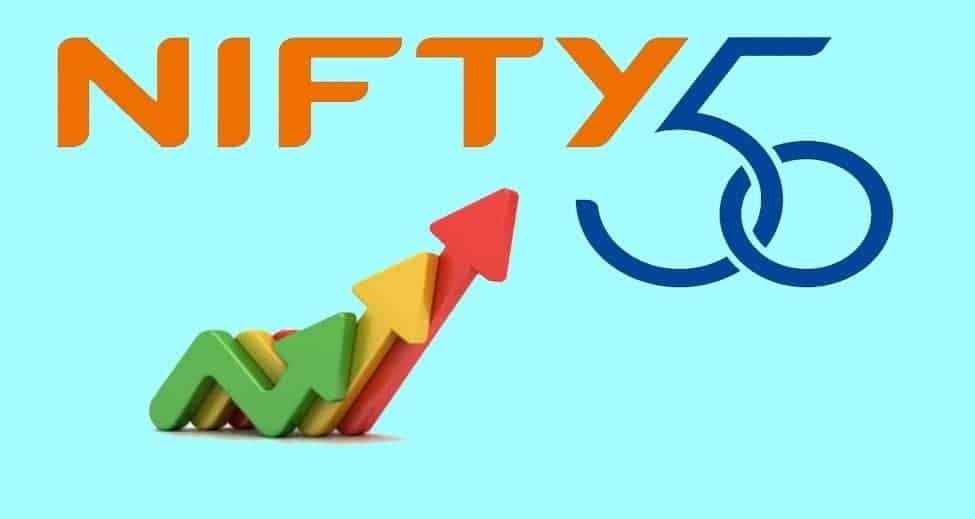Introduction
In recent years, as financial literacy among the youth has increased, there’s been a growing curiosity about investing in the stock market, even among minors. However, one burning question often arises: Can minors open a Demat account in India? Let’s delve into this intriguing topic.
Understanding Demat Accounts
Before we explore the possibility for minors to open Demat accounts, let’s understand what a Demat account is. Demat, short for “Dematerialized,” is an account that holds shares and securities in an electronic format. It’s similar to a bank account but holds stocks, bonds, mutual funds, and other securities instead of cash.
Legal Landscape in India
In India, the Securities and Exchange Board of India (SEBI) governs the regulations related to securities markets. According to SEBI guidelines, minors are not allowed to open a Demat account directly. However, they can jointly open a Demat account with a parent or guardian.
Joint Demat Account with Parents or Guardians
SEBI permits minors to be joint holders in a Demat account alongside their parents or guardians. This arrangement ensures that the transactions are overseen by a responsible adult. The parent or guardian acts as the primary account holder, with the minor being the joint holder.
Operational Aspects
While minors can be joint holders in a Demat account, certain operational aspects need attention:
- Documentation: The parent or guardian needs to provide their documents for opening the Demat account, along with the minor’s documents such as birth certificate or passport.
- Investment Decisions: Though minors have a stake in the Demat account, the parent or guardian typically makes investment decisions on their behalf until they reach the legal age of majority.
- Trading Permissions: While minors can jointly hold the Demat account, they can’t execute trades. Only the primary account holder (parent or guardian) has the authority to buy or sell securities.
Advantages of Joint Demat Accounts for Minors
- Financial Education: Joint Demat accounts offer an excellent opportunity for minors to learn about investing and financial markets under parental guidance.
- Long-term Planning: Starting early can provide minors with a head start in building their investment portfolio for long-term financial goals like education, marriage, or retirement.
- Asset Accumulation: Investments made in a joint Demat account can accumulate over time, potentially providing substantial returns when the minor reaches adulthood.
What Happens When a Minor Becomes a Major?
As minors grow into adulthood, another question often arises: What happens to the Demat account they held jointly with their parents or guardians? Let’s shed light on this transition.
When a minor reaches the age of majority, typically 18 years old in India, their status changes from minor to major in the eyes of the law. Consequently, their joint Demat account becomes inactive. Upon attaining adulthood, the former minor must initiate the process of opening a new Demat account in their name. This involves submitting a fresh Demat account opening application form along with the requisite documentation. Unlike a minor Demat account, where a parent or guardian’s signature is necessary, the adult’s new Demat account is solely under their ownership. They have the autonomy to manage their investments independently without any parental intervention. Any securities held in the joint Demat account are transferred to the newly opened account of the adult account holder. This ensures continuity of ownership and prevents any disruption in the investment portfolio. With the transition to adulthood and the activation of the new Demat account, the account holder gains full trading privileges. They can trade or invest in various markets, subject to the regulations and guidelines of the stockbroker.
Here's a list of documents typically needed:
- Identity Proof of Parent/Guardian: The parent or guardian who will be the primary holder of the joint Demat account needs to provide a valid identity proof. This can be any government-issued document such as Aadhaar card, PAN card, passport, voter ID, or driver’s license.
- Address Proof of Parent/Guardian: Along with the identity proof, the parent or guardian must also submit a valid address proof. This can include documents like Aadhaar card, passport, utility bills (electricity bill, water bill, gas bill), bank statement, or rent agreement.
- Identity Proof of Minor: Documents establishing the minor’s identity are required. This could be a birth certificate, passport, Aadhaar card, or school identity card.
- Date of Birth Proof of Minor: A document proving the date of birth of the minor is necessary. This could be a birth certificate issued by the municipal authority or any other authority mandated to issue such certificates.
- Photographs: Recent passport-sized photographs of both the parent/guardian and the minor are typically required.
- PAN Card: While PAN (Permanent Account Number) card might not be mandatory for the minor, it’s usually required for the parent or guardian who will be the primary account holder.
- KYC Form: Both the parent/guardian and the minor need to fill out the Know Your Customer (KYC) form provided by the Depository Participant (DP) or stockbroker
It’s important to note that these requirements may vary slightly depending on the specific policies of the Depository Participant or stockbroker through whom the Demat account is being opened. It’s always advisable to check with the respective institution for the exact documentation needed. Additionally, originals and copies of these documents may be required for verification purposes.
Conclusion
While minors cannot open Demat accounts independently in India, the provision for joint accounts with parents or guardians enables them to participate in the stock market indirectly. This arrangement fosters financial education and responsible investing habits from an early age. However, it’s crucial for parents or guardians to oversee the account and ensure prudent investment decisions. With the right guidance and approach, minors can lay a solid foundation for their financial future through joint Demat accounts in India.
No, minors cannot open a Demat account independently in India. However, they can be joint holders in a Demat account with their parents or guardians.
A joint Demat account is one where both a minor and their parent or guardian are listed as account holders. The parent or guardian oversees the account and makes investment decisions on behalf of the minor.
The parent or guardian must provide their documents for opening the Demat account, along with the minor’s documents such as a birth certificate or passport.
No, minors cannot execute trades in a joint Demat account. Only the primary account holder (parent or guardian) has the authority to buy or sell securities.
When a minor reaches the age of 18 and becomes an adult, their joint Demat account becomes inactive. They must then open a new Demat account in their name, and any securities held in the joint account are transferred to the new account.
Yes, parental consent is necessary for a minor to be a joint holder in a Demat account. The parent or guardian is responsible for overseeing the account until the minor reaches adulthood.
Opening a joint Demat account for a minor provides an opportunity for financial education and instills responsible investing habits from a young age. It also allows for long-term planning and asset accumulation for the minor’s future financial goals.
No, there are no specific restrictions on the types of investments in a joint Demat account for minors. However, the parent or guardian typically makes investment decisions based on their risk tolerance and financial goals.















